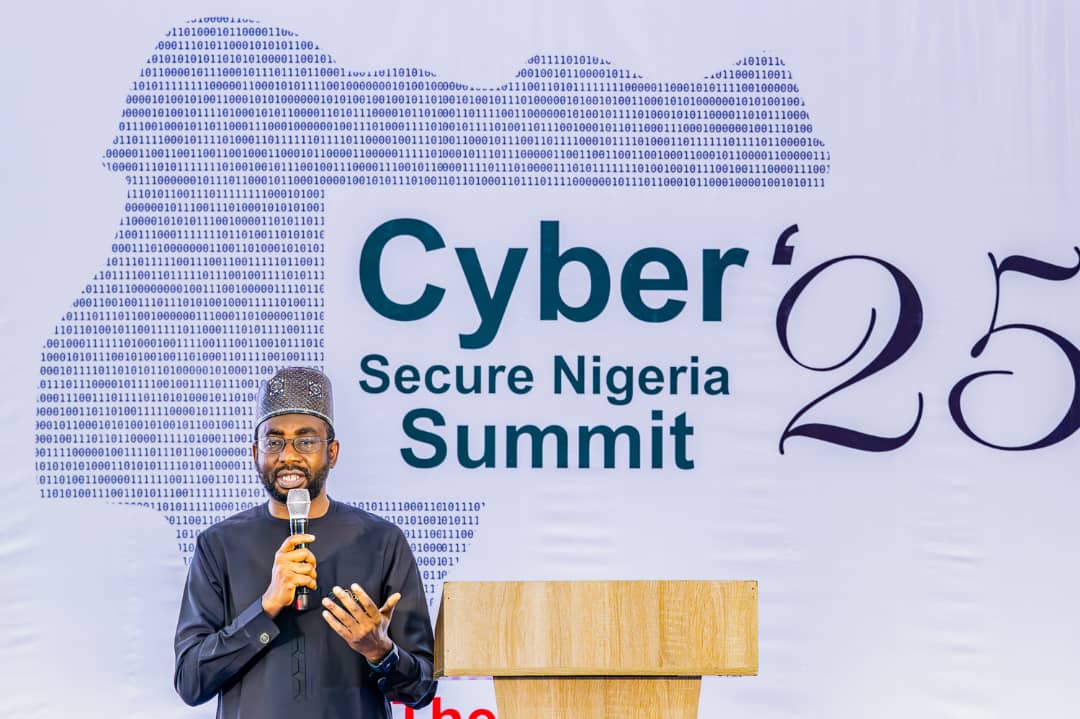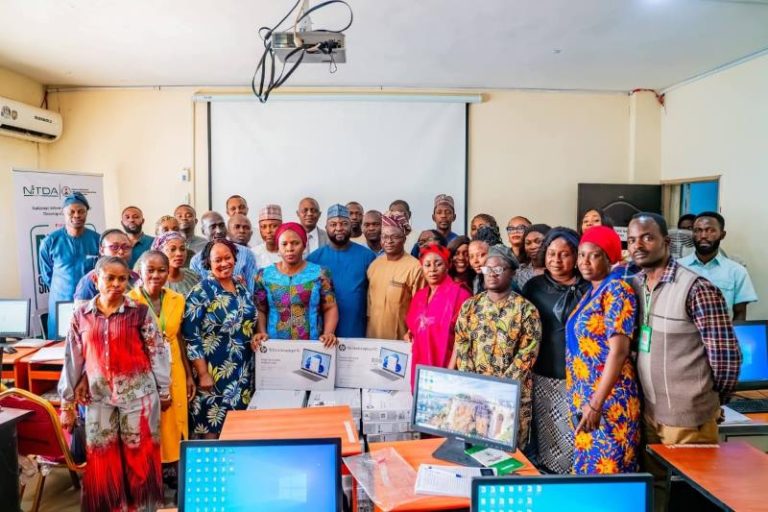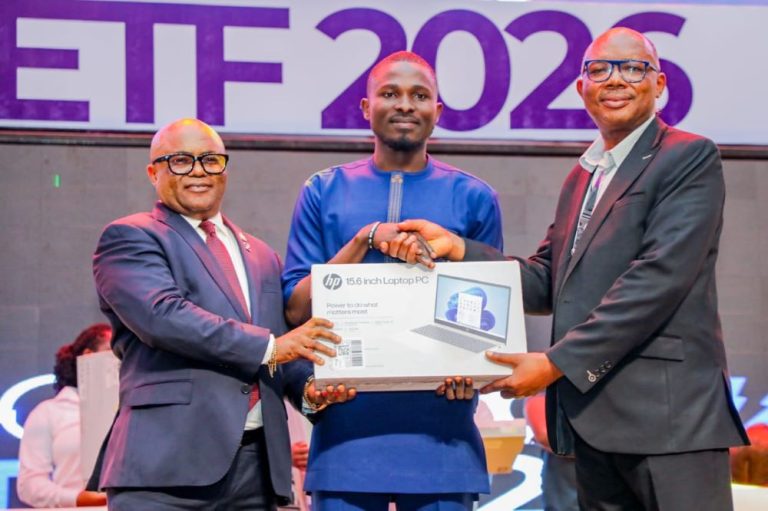
The Director-General of the National Information Technology Development Agency (NITDA), Kashifu Inuwa Abdullahi, CCIE, has said that the Federal Government is taking decisive steps to secure Nigeria’s digital future through strengthened cybersecurity, robust infrastructure, and human capital development tailored to the realities of the Artificial Intelligence (AI) era.
Inuwa made this known while delivering a keynote address titled “Securing Digital Economy: Strengthening Infrastructure and Harnessing the Power of Artificial Intelligence” at the Cyber Nigeria Summit organised by the Cybersecurity Experts Association of Nigeria (CSEAN).
He described the digital economy as the heartbeat of Nigeria’s development agenda, noting that while ICT contributes about 17 per cent to the nation’s Gross Domestic Product (GDP), digital technologies now influence nearly every sector of economic activity.
According to him, the service sector alone accounts for about 58 per cent of national output, demonstrating the deep integration of digital tools into daily life.
However, the NITDA boss cautioned that the rapid evolution of Artificial Intelligence has reshaped the dynamics of cybersecurity, presenting both opportunities and risks.
“Cybercrime now costs the world over 10 trillion dollars annually, making it the most lucrative form of crime globally,” he said.
“The World Economic Forum ranks cybersecurity among the top five global threats, showing that our strategies must evolve beyond physical protection.”
Inuwa emphasised that safeguarding Nigeria’s digital economy begins with embedding security at the core of all digital infrastructure. He explained that digital infrastructure now extends beyond servers and networks to include utilities, telecommunications systems, and even autonomous vehicles.
“If a hacker gains access to an autonomous car, the consequences could be disastrous,” he warned, adding that AI systems rely on three critical pillars—data, computing power, and algorithms—all of which must be adequately protected.
He also noted that human error remains the leading cause of cyber incidents globally, accounting for between 90 and 95 per cent of breaches. Despite two decades of global awareness campaigns since the inception of Cybersecurity Awareness Month in 2004, he lamented that this statistic has barely changed.
“Cybercriminals exploit human weakness because it’s easier to manipulate behaviour than to break through advanced systems,” he observed.
The NITDA chief outlined Nigeria’s cybersecurity strategy as anchored on four key pillars: governance, capacity building, incident management, and collaboration. He explained that under the governance framework, the Nigerian Cybercrime Act provides the legal foundation for coordination and accountability. The Act, he said, has been recently updated to reflect emerging digital realities and is now complemented by a Presidential Executive Order that designates critical digital information infrastructure as national assets.
“This milestone allows our cyberspace to be recognised and protected as a national highway,” he stated.
On capacity building, Inuwa underscored the growing global shortage of cybersecurity professionals, estimated at 4.4 million worldwide and over 140,000 in Nigeria alone. He described this gap as a major opportunity for empowerment, given the country’s youthful population. Through initiatives such as the 3 Million Technical Talent (3MTT) programme, the government is training young Nigerians in 12 high-demand digital skills, including cybersecurity.
He further cited the Digital Literacy for All Initiative and the National Digital Literacy Framework (NDLF), which aim to achieve 95 per cent digital literacy by 2030 and 70 per cent by 2027. Beginning next year, he disclosed, digital literacy—including cybersecurity—will be taught from kindergarten through tertiary levels.
“This policy will nurture a digitally conscious and responsible generation capable of defending Nigeria’s cyber frontiers,” he said.
Inuwa noted that effective incident management remains central to Nigeria’s cybersecurity efforts. He revealed that the National Cybersecurity Coordination Centre (NCCC), established under the Office of the National Security Adviser, is now fully operational and coordinates national responses to cyber incidents. Sectoral Computer Emergency Response Teams (CERTs), he added, have been established across key sectors such as finance, communications, and law enforcement to ensure a unified response to threats.
The NITDA DG stressed that collaboration remains the bedrock of success in the digital age, as no nation can secure cyberspace in isolation. He said Nigeria continues to work closely with the African Union, Smart Africa, international CERTs, and major global technology firms to strengthen collective defence mechanisms.
Inuwa also urged Nigerians to adopt good cyber hygiene practices such as using strong passwords, enabling multi-factor authentication, and avoiding phishing scams. He encouraged individuals and organisations to report cyber incidents promptly, stressing that “transparency is vital for collective resilience.”
He disclosed that, in partnership with the Office of the National Security Adviser, NITDA is working to establish a National Cybersecurity Architecture to promote accountability, information sharing, and a unified national defence framework.




